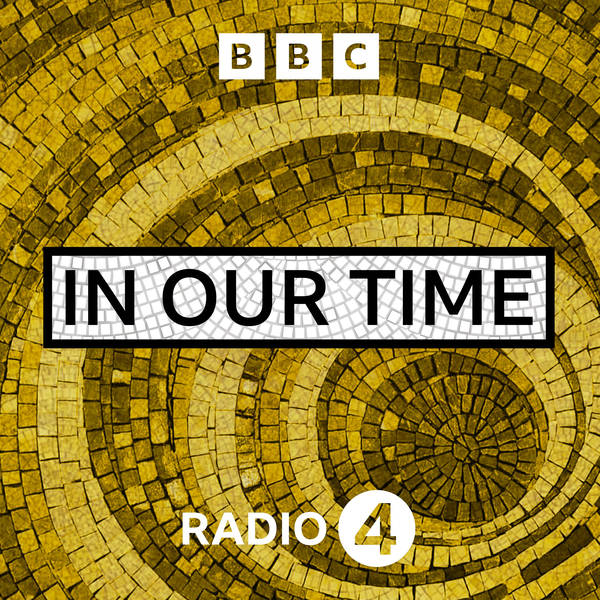
The Rosetta Stone
Melvyn Bragg and guests discuss one of the most famous museum objects in the world, shown in the image above in replica, and dating from around 196 BC. It is a damaged, dark granite block on which you can faintly see three scripts engraved: Greek at the bottom, Demotic in the middle and Hieroglyphs at the top. Napoleon’s soldiers found it in a Mamluk fort at Rosetta on the Egyptian coast, and soon realised the Greek words could be used to unlock the hieroglyphs. It was another 20 years before Champollion deciphered them, becoming the first to understand the hieroglyphs since they fell out of use 1500 years before and so opening up the written culture of ancient Egypt to the modern age.
With Penelope Wilson Associate Professor of Egyptian Archaeology at Durham University
Campbell Price Curator of Egypt and Sudan at the Manchester Museum
And
Richard Bruce Parkinson Professor of Egyptology and Fellow of The Queen’s College, University of Oxford
Producer: Simon Tillotson